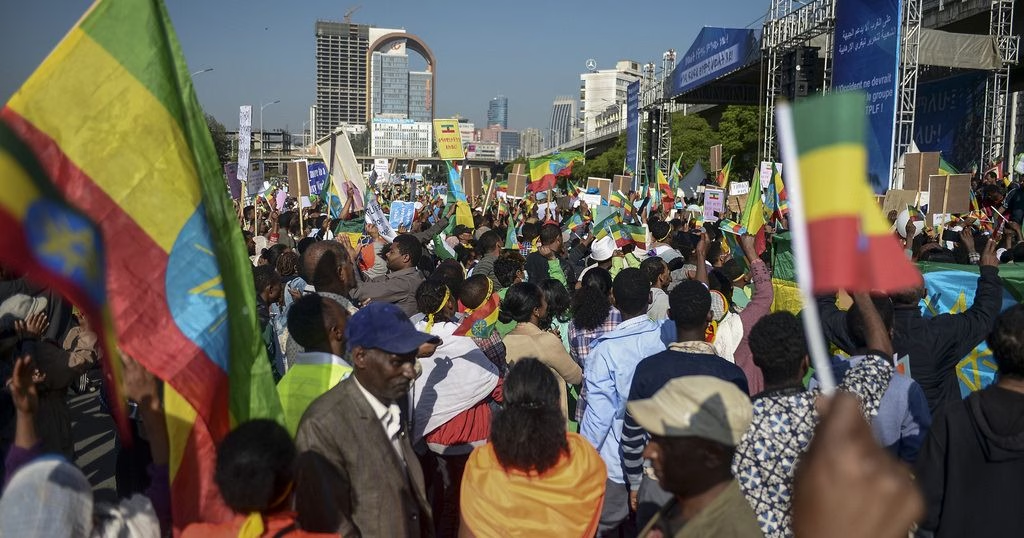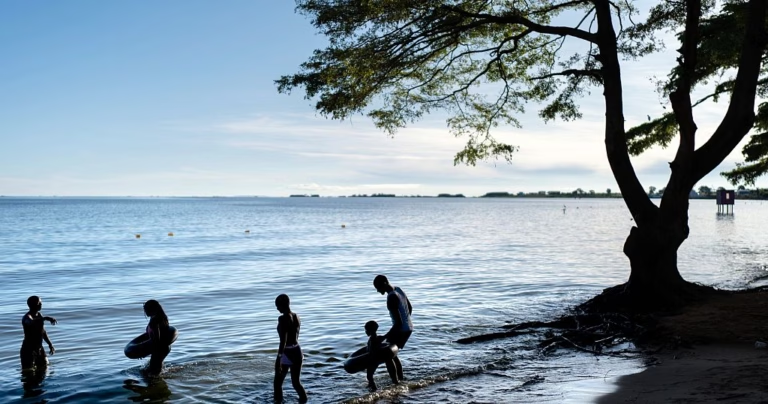
Tuesday saw the TPLF faction take control of Adigrat, Tigray’s second-largest town, replacing the interim government-endorsed administrator. Wednesday night, Adi-Gudem, a town near Mekele, also fell under TPLF control. Armed forces’ attempt to occupy a government building resulted in gunshot injuries to several people in Adi-Gudem.
The TPLF engaged in a two-year war with federal forces, concluding in November 2022 with a peace agreement and a TPLF-led interim government. The conflict, which began in November 2020, is estimated to have claimed hundreds of thousands of lives, displaced millions, and left many near famine in the second-most populous country in Africa.
Post-war, the TPLF has factionalized. In October, the TPLF leader, Debretsion Gebremichael, expelled the interim government head, Getachew Reda, and four cabinet members from the party. In response, Reda, the peace agreement’s chief negotiator, suspended four senior military commanders he believed aligned with Gebremichael’s faction.
According to a statement from the interim government-associated Tigray Communication Affairs Bureau, the region may be at the edge of another crisis.
Reda describes the TPLF’s actions as a “potential coup attempt,” urging the international community, key guarantors of the Pretoria Peace Agreement, to closely monitor the escalating situation.
Reda stressed, “The parties to the Pretoria Agreement should consider the deteriorating situation in Tigray and the potential consequences of these events unraveling the Pretoria agreements.”
TPLF deputy chairman Amanuel Assefa claims the current crises aren’t related to the Pretoria agreement but are more about law enforcement. He asserts, “The TPLF and the Tigray forces are the rightful owners of the Pretoria Agreement. Therefore, there is no reason to undertake actions that would violate it.”






